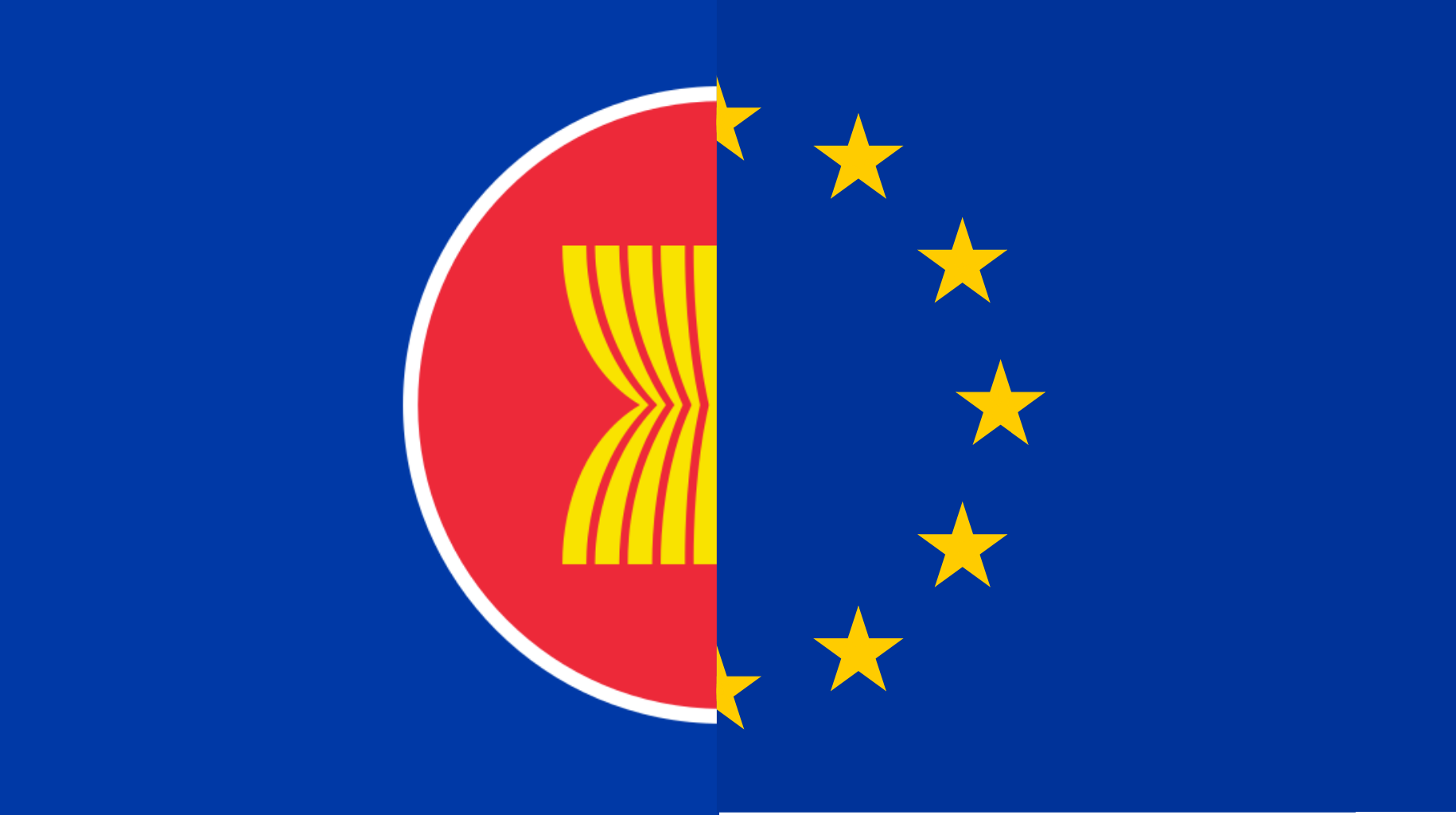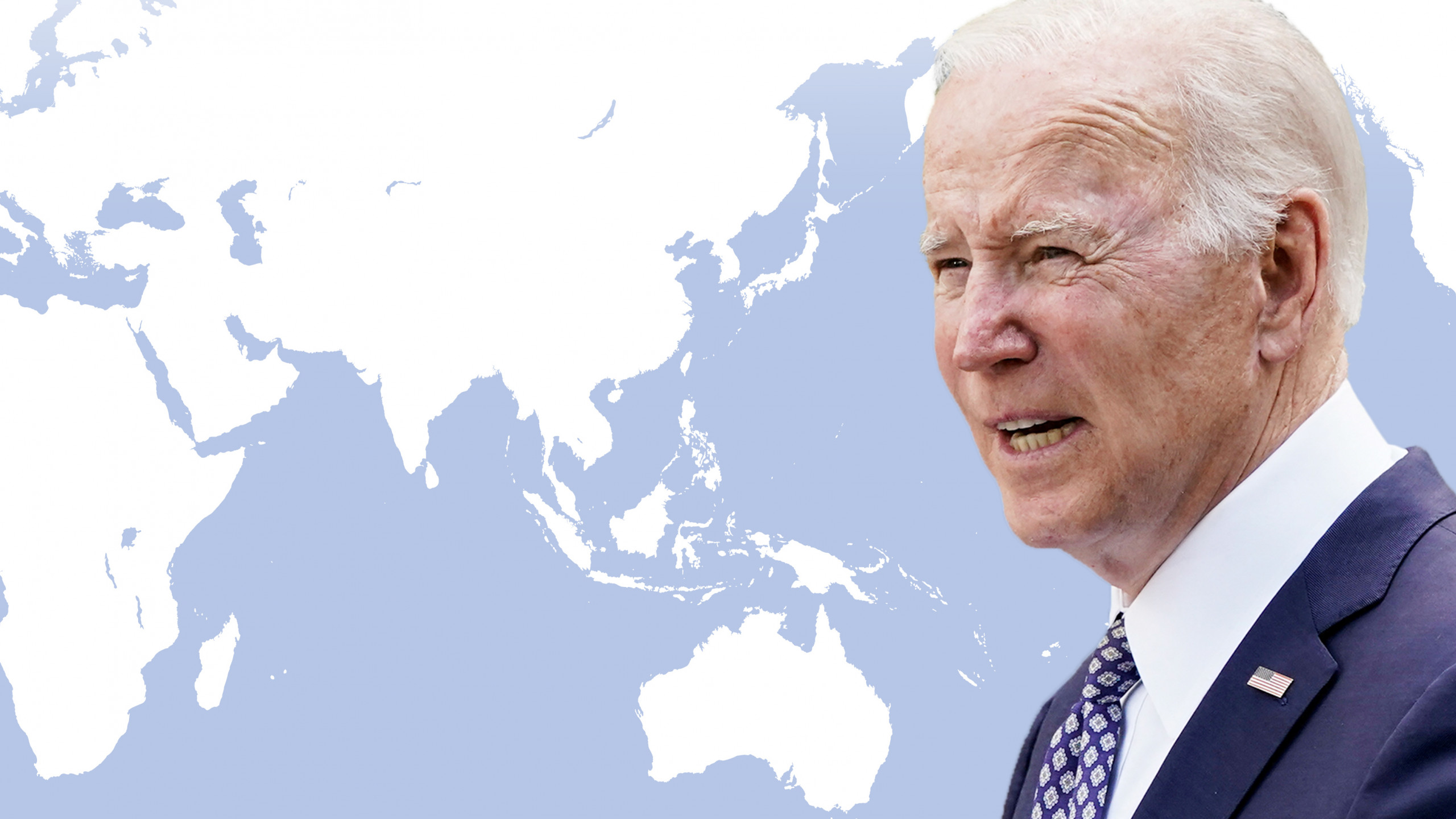The European Union and ASEAN upgrade their relations on environmental sustainability, economics, security and connectivity
After six years of consultations, at a meeting on Tuesday December the 1st, the European Union and the ten countries of the ASEAN group updated the status of their relations, passing from a "Dialogue Partnership", to a much more consistent "Strategic Partnership".
Interactions between the European Union and ASEAN have a long history behind them, being characterized by trade, foreign direct investments and bilateral agreements between the EU and individual members of the Association. Nevertheless, the wish to strengthen relations through a more advanced partnership was officially expressed by the European Commission only in 2015 and two years later, in 2019, ASEAN and the EU foreign ministers agreed on the principles for the elaboration of the Strategic Partnership.
The last meeting confirmed the commitment of the parties in organizing regular summit meetings and in strengthening cooperation in four strategic areas: environmental sustainability, economy, security and connectivity. The co-chairs of the ministerial meeting, the High Representative of the Union for Foreign Affairs Josep Borrell and the Singaporean Foreign Affairs Minister Vivian Balakrishman, both welcomed the move, calling it "a historic event".
The outcome of the negotiations has long been uncertain due to disagreements over palm oil, a product that is still essential for the economies of Malaysia and Indonesia but adverse to the EU because of the environmental impact of its production. As part of the shared effort, however, both parties agreed on the establishment of a joint committee, entirely dedicated to the sustainable reformulation of the vegetal oil industry. Furthermore, concerning sustainable development, EU and ASEAN leaders have referred to some previous international agreements, such as the Paris Agreement on climate change and the Sendai Framework Convention for the reduction of the risk of environmental disasters. The idea is to establish a dialogue as complete as possible, encouraging the inclusiveness of topics such as climate change, the preservation of the oceans and biodiversity, the increase of renewable energy and respect for human rights. ASEAN, then, welcomed the EU commitment to promote "greener" cities, through the implementation of the "ASEAN Smart Green Cities" program.
The Covid-19 pandemic was the second item on the agenda. Recognizing its unprecedented impact, leaders encouraged greater cooperation to increase their respective crisis response capacities, combining public health and sustainable development. The EU has already offered ASEAN 800 million euros to deal with the health emergency and has pledged to donate another 20 million and support the "South East Asia Health" project. Both parties have also agreed on a joint approach to ensure fair and collective accessibility to vaccines, defined as "global public goods". In this context, the European Union will provide a contribution of 500 million euros in grants and guaranteed loans to support COVAX, the multilateral facility designed to accelerate the development, production and global distribution of vaccines.
The leaders also recognized the importance of an increasingly solid economic cooperation, especially aimed at the recovery of the post-Covid-19 world economy. The commitment made by the parties will be directed to further efforts towards the negotiation of an ambitious free trade agreement between the EU and ASEAN, focused on greater economic integration and trade liberalization.
By recalling the EU-ASEAN declaration on cooperation in the field of cybersecurity, adopted in 2019, the parties also remarked the importance of strengthening cooperation in this area, in order to promote open, secure, accessible and peaceful information. The security issue is further taken up by the intent to consolidate joint efforts to counter terrorism and transnational crimes as well as to ensure lasting peace and stability in the region.
In conclusion, in a separate statement, ministers pledged to promote connectivity between the EU and ASEAN to support post-pandemic socio-economic recovery in a more sustainable and inclusive way. Therefore, the idea is to simplify and diversify the transport networks, encourage the use of clean and renewable energy, ensure food, energy and health security and promote political exchange in the fields of education, research, tourism and technology.
The negotiations emphasised the pragmatic approach of the European Union and ASEAN, aimed at solving single yet very important problems. The pandemic has spared no one and the Strategic Partnership underlines the urgency to combine two of the largest existing economic blocs, which together cover almost 30% of world GDP and could be decisive for the economic recovery of the whole world. In a nutshell, as Gunnar Wiegrand, the EU’s Director of Foreign Affairs for Asia and the Pacific recalled, it was a historic meeting "between two anchors of stability in a world of growing uncertainty".
By Emilia Leban






